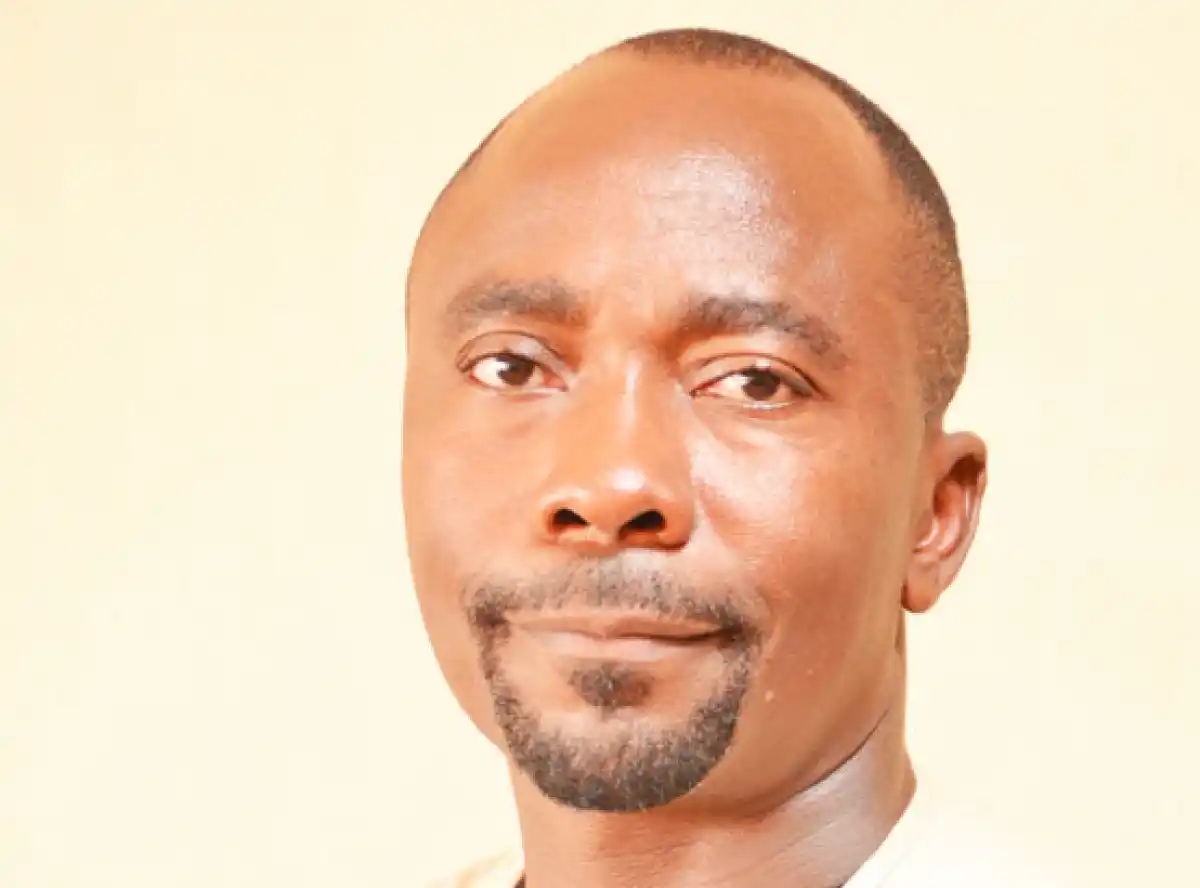
Eight months have elapsed since the Malawi Government enforced the refugee relocation to Dzaleka Camp, currently home to over 52 000 refugees. Currently, some, thought to be in numbers, are returning to towns and cities. Our News Analyst CLEMENT CHINOKO engaged refugee rights advocate INNOCENT MAGAMBI, who is also Inua Advocacy chief executive officer, for his take on the development, and assessment of life at the camp.

Q. Nearly a year since the forceful relocation of refugees to Dzaleka, some of them are returning to towns and cities. What is your analysis of this situation?
A. It is important to understand that the vast majority of refugees were either born here or have been in Malawi for over 20 years. The fact that they are returning to towns and cities means that Dzaleka does not have the right tools to support a dignified life. Three months after the relocation, the Minister of Homeland Security Ken Zikhale-Ng’oma highlighted World Food Programme’s imminent funding challenges to feed the refugees, but sadly he did not mention the school situation or the funding gaps at Dzaleka Clinic. Dzaleka has about 5 214 pre-school-aged children, of which only 2 892 are enrolled in early childhood development (ECD) centres because of insufficient space. Umodzi Katubza Primary School is the only certified primary school in Dzaleka run by the Jesuits Refugee Services (JRS). It serves both refugees and Malawian communities, and is only able to enroll 10 559 out of a population of 11 273 primary school-aged children. On the other hand, Dzaleka Community Day Secondary School (CDSS) enrolls has a gross enrolment of 1 662 students out of a population of 4 766 secondary-aged children. This means that 91 percent of the youth population is forced to remain idle with ever-diminishing prospects of a means to not only occupy their time but, also, earn a living. The situation is, therefore, inhumane.
Q. What do you think would be the best approach to handle the matter?
A. Two options could be explored. Firstly, adequate funding is needed to make Dzaleka a viable refugee camp that provides basic needs for its residents. For instance, contrary to widespread myths, Dzaleka refugees do not receive food in kind. Instead, the majority receive the equivalent of K350 per day to cover all their needs, including food, hygiene items, and the rest. The country needs to ensure that all the basic needs and infrastructure are available before enforcing the encampment policy. Furthermore, the government needs to refrain from re-encampment until the outdated Refugee Act, which does not allow displaced people to access basic human rights, is revised. The 1989 Act is based on nine reservations to the conditions for hosting refugees that UN member-States agreed at the 1951 Geneva Convention. This means that on nine points, Malawi does not allow refugees and asylum-seekers certain rights, including the right to own movable and immovable property; the right to access wage-earning employment; the right to access public education; freedom of movement as well as access to naturalisation, to mention a few.
Q. And what needs to be done to improve the livelihoods of people at Dzaleka Camp?
A. The people of Dzaleka are tired of handouts; all they want is permission from the Malawi Government to use the resilience they have developed through years of hardship to meet their own needs while contributing to the country’s economy. You cannot improve the lives of a ‘caged’ community, you have to free them first.
Q. Are you arguing that the re-encampment has worsened life in the camp?
A. The return of refugees to Dzaleka means that even more children under 18 now have nowhere to go to school because, already, the available schools cannot absorb all school-going children. Regarding health, Dzaleka Health Centre has long been overwhelmed by a lack of adequate resources and staff, pinned against a rapidly growing population with varied and often unmet needs. As it is, the clinic has a catchment area population size of 78 948, and it constantly runs out of essential drugs and basic commodities. The litany of challenges faced in the provision of healthcare by the clinic is underscored by a perpetual shortage of fuel to run its ambulance service. Concerning shelter, despite small geographical extensions to the camp into sites such as New Katubza and Dzaleka Hills, the camp remains far too small for the growing population. As such, the refugees living in Dzaleka face deprivation of their human dignity in different ways.
Q. Are there gaps in the laws pertaining to refugees which you think require reforms?
A. The Government agreed to revise its refugee policy. This revision would have taken place in 2016, when the Malawian Government committed to implement the Comprehensive Refugee Response Framework (CRRF), which allows for freedom of movement and integration of refugees, among other human dignity measures. The CRRF is a New York Declaration that was endorsed in September 2016 by all 193 United Nations member-States, to allow refugee integration in the host community in order to uplift their human rights and lessen their dependence on humanitarian aid. All UN member-States agreed to financially contribute towards the implementation of the framework by refugee-hosting countries.






0 Comments